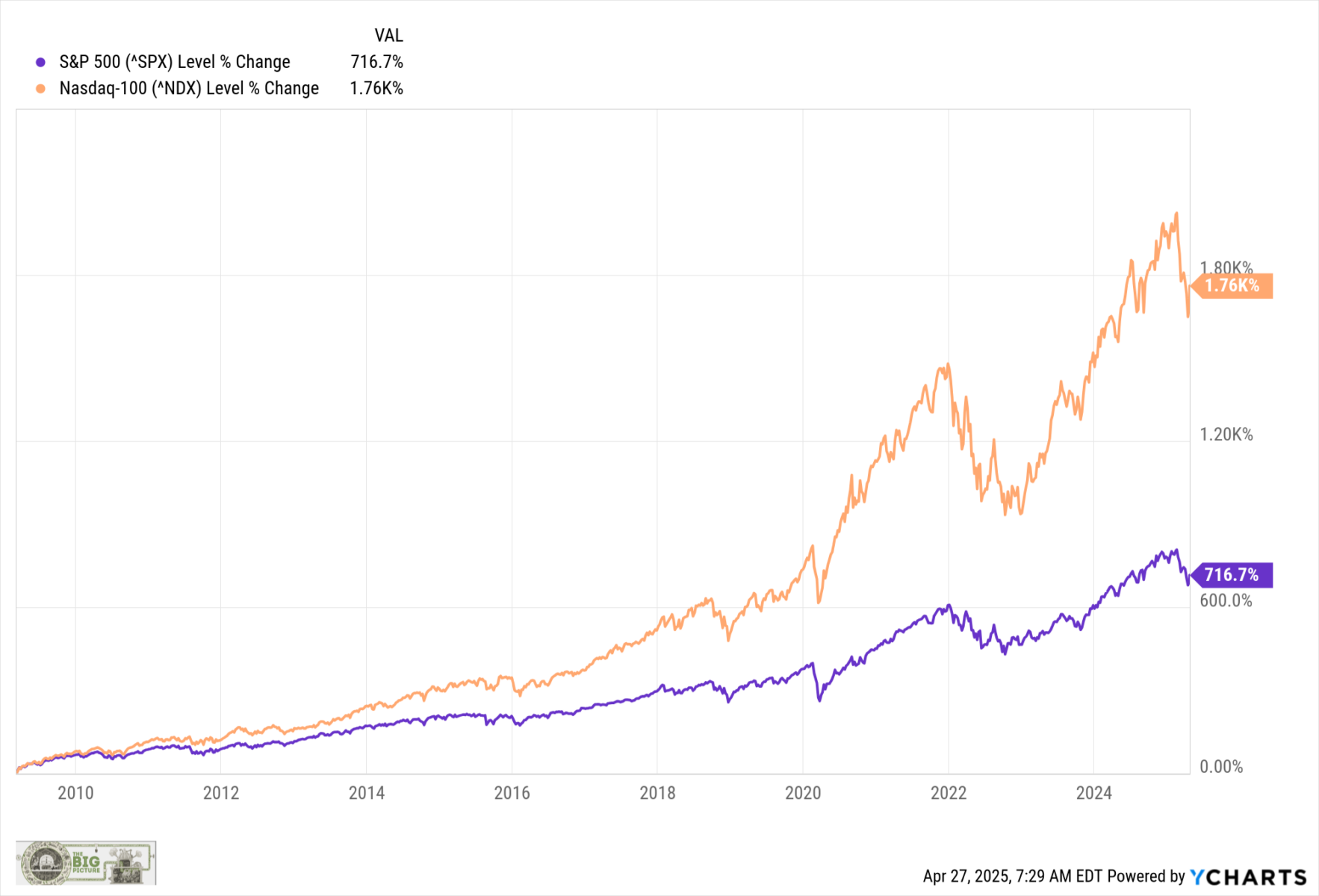Aaron Brown, Reason, January 23, 2024
Excerpt:
Desmond gets more specific about what doesn’t cause poverty. He dismisses cultural explanations, such as single-parent households and declining marriage rates. He quickly dismisses the idea that the welfare state traps people in cycles of dependency, claiming that these arguments rely on anecdotal evidence, even though there’s a vast systematic literature on the subject. Desmond doesn’t take up political scientist Charles Murray’s basic challenge to explain why it is that between 1949 and 1964 the American poverty rate dropped by 22 percentage points before the government did practically anything to help. After President Lyndon Johnson launched his war on poverty, the decline leveled considerably.
Desmond approaches his firsthand investigations with the preconception that poverty is a byproduct of capitalist exploitation. Prices aren’t set in a competitive marketplace, in his view; they’re just a projection of greed. It’s “tempting,” he writes, “to blame rising housing costs on anything other than the fact that more than a few of us have a god-awful amount of money and are driving prices higher and higher through bidding wars.”
A chapter on the real estate market titled “How We Force the Poor to Pay More” argues that it’s twice as profitable to be a landlord in the inner city. Desmond doesn’t bother explaining why even more unscrupulous people don’t tap into this lucrative business opportunity.
by Phillip W. Magness, Law & Liberty, January 24, 2024
In his rendering, Marshall comes across as something of a skeptic of comparative advantage who allegedly “chastised the Ricardians” for their theories about trade. To argue his point he excerpts a passage wherein Marshall allegedly condemned comparative advantage for having “laid down laws with regard to profits and wages that did not really hold even for England in their own time.” Turning to Marshall’s original text, we quickly discover that Cass has either misread or misrepresented the economist’s words. The passage in full reads:
And though this did little harm so long as they were treating of money and foreign trade, it led them astray as to the relations between the different industrial classes. It caused them to speak of labour as a commodity without staying to throw themselves into the point of view of the workman; and without dwelling upon the allowances to be made for his human passions, his instincts and habits, his sympathies and antipathies, his class jealousies and class adhesiveness, his want of knowledge and of the opportunities for free and vigorous action. They therefore attributed to the forces of supply and demand a much more mechanical and regular action than is to be found in real life: and they laid down laws with regard to profits and wages that did not really hold even for England in their own time.(emphasis added)
We accordingly find that Marshall’s grievance is not with Ricardian comparative advantage, but rather Ricardo’s other writings on the economics of labor and the conditions of the working classes in early nineteenth century England. Indeed, when Marshall penned a more detailed work on trade economics in 1919, it offered a conventional Ricardian account of comparative advantage.
by Vincent Geloso, City Journal, January 18, 2024
Excerpt:
Whenever Piketty and his collaborators are confronted with these criticisms, they retreat to a motte position, arguing that there is such a thing as too much inequality and that inequality is higher now than in the 1970s. Both statements are defensible; they are also uncontroversial.
by Elizabeth Nolan Brown, January 24, 2024
Excerpt:
The first trial, back in 2021, was declared a mistrial after prosecutors and their witnesses couldn’t stop suggesting that Lacey and his co-defendants were charged with child sex trafficking. They were not, and efforts to suggest as much could have seriously prejudiced a jury.
by David J. Bier, Cato at Liberty, January 24, 2024
No, the data are equally clear: recent immigration trends are benefiting Republicans in states where they control the legislature and manage redistricting. About 62 percent of the three‐million increase in the total immigrant population from March 2019 to March 2023 has occurred in GOP states, according to the Current Population Survey Annual Social and Economic Supplement.
by Timothy Taylor, Conversable Economist, January 25, 2024
Remember that during this “banner year for labor actions and unions,” the share of US workers who actually belong to a union was shrinking–and has been shrinking for decades, including last year and in fact during the entire presidency. It’s true that in general, public attitudes seem more supportive of unions. But some of the union successes in the last few years, like the first success in unionizing an Amazon warehouse (on Staten Island), have since become mired in controversy and seem in danger of failing.
But [Suresh] Naidu also points to an even more fundamental issue that US unions face: they need to organize one company at a time. In a dynamic US economy, where some companies are always shrinking or going out of business, this means that unions are running on a treadmill: they need to keep organizing new unionized companies just to offset the typical year-to-year loss of previously organized companies.
https://feedly.com/i/entry/yz8OnKgEHTt6OIkH/U1FnhKMojac9MbQokcC+g8YWxU=_18d43cf6a8a:2cb99b:33ffab25
















